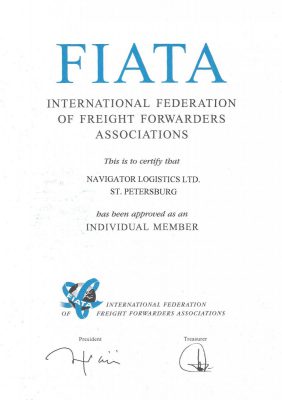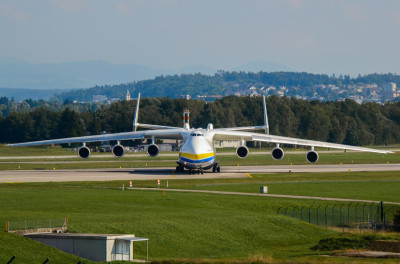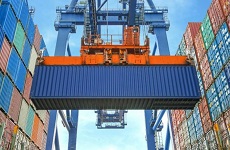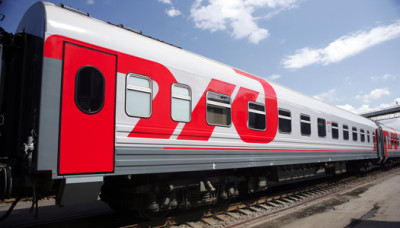EU Air Freight Rules Has Been Applied Since 1 July 2014
Union air cargo rules that have ignited a row with Russia and jeopardized annual trade worth more than 13 billion euros ($18 billion) came into force on Tuesday, and are likely to heighten tensions between the EU and Moscow.
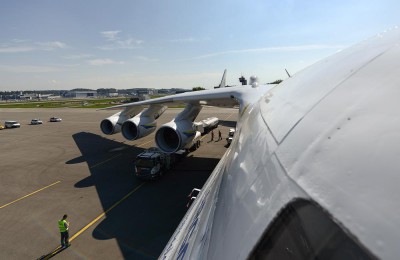 The EU is gradually tightening its security rules for air shipments, while Russia argues its airlines and airports need no extra checks, since they have already met safety standards set by a United Nations aviation body.
The EU is gradually tightening its security rules for air shipments, while Russia argues its airlines and airports need no extra checks, since they have already met safety standards set by a United Nations aviation body.
Moscow has threatened to retaliate by imposing additional security requirements on cargo shipments from the EU. That could ground air trade between the two markets.
Air carriers flying cargo into the EU from Russia are now rushing to secure extensions from European authorities and say they are caught in the middle of a political dispute.
Several Russian airlines said they were continuing cargo shipments to Europe as normal on Tuesday According to the cargo rules, from July 1 airlines shipping cargo into the EU must have their security procedures verified by an EU-accredited expert at each airport they use outside the EU, unless they receive an extension of up to six months from EU officials or their country is exempt from the rules.
Airlines complain they have been placed in an unfair position and can do little to influence the high-level dispute between Russian and EU officials.
The new rules state that airlines carrying cargo into the EU from July 1 will have to demonstrate that their security procedures have been approved by EU authorities.
Should Russia and the EU fail to agree on a delay soon, EU authorities could grant Russian airlines a grace period of up to six months on an individual basis, meaning freight traffic between the two markets is unlikely to stop completely. The EU rules were drawn up in 2012 in response to a foiled terrorist plot. Russia is the EU’s eighth most important air freight partner.
Similar Posts:
-
Air Cargo Report And Outlook From the International Air Transport Association
What Is The Trend For Global Air Freight Markets? The International Air Transport Association (IATA) released data for global air freight markets showing air cargo growth accelerated in May, with 4.7% -
IMO’s container weight verification rule enters into force
The Maritime Safety Committee (MSC), at its ninety-fourth session in November 2014, adopted, inter alia, amendments to SOLAS regulation VI/2, to require the mandatory verification of the gross mass of -
Mandatory Preliminary Notification About Goods Imported Into the Customs Union By Rail Takes Effect From 1 October 2014
In accordance with a decision taken by the board of the Eurasian Economic Commission on 17.09.2013, it will be mandatory to provide preliminary information about goods being imported by rail
